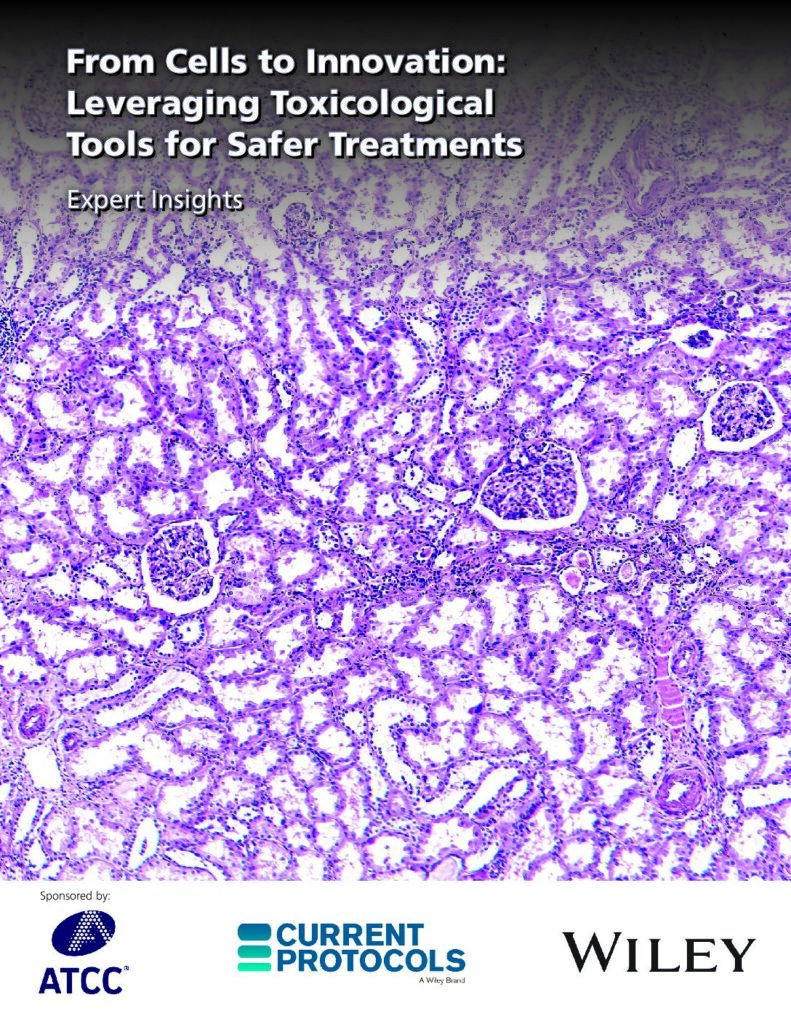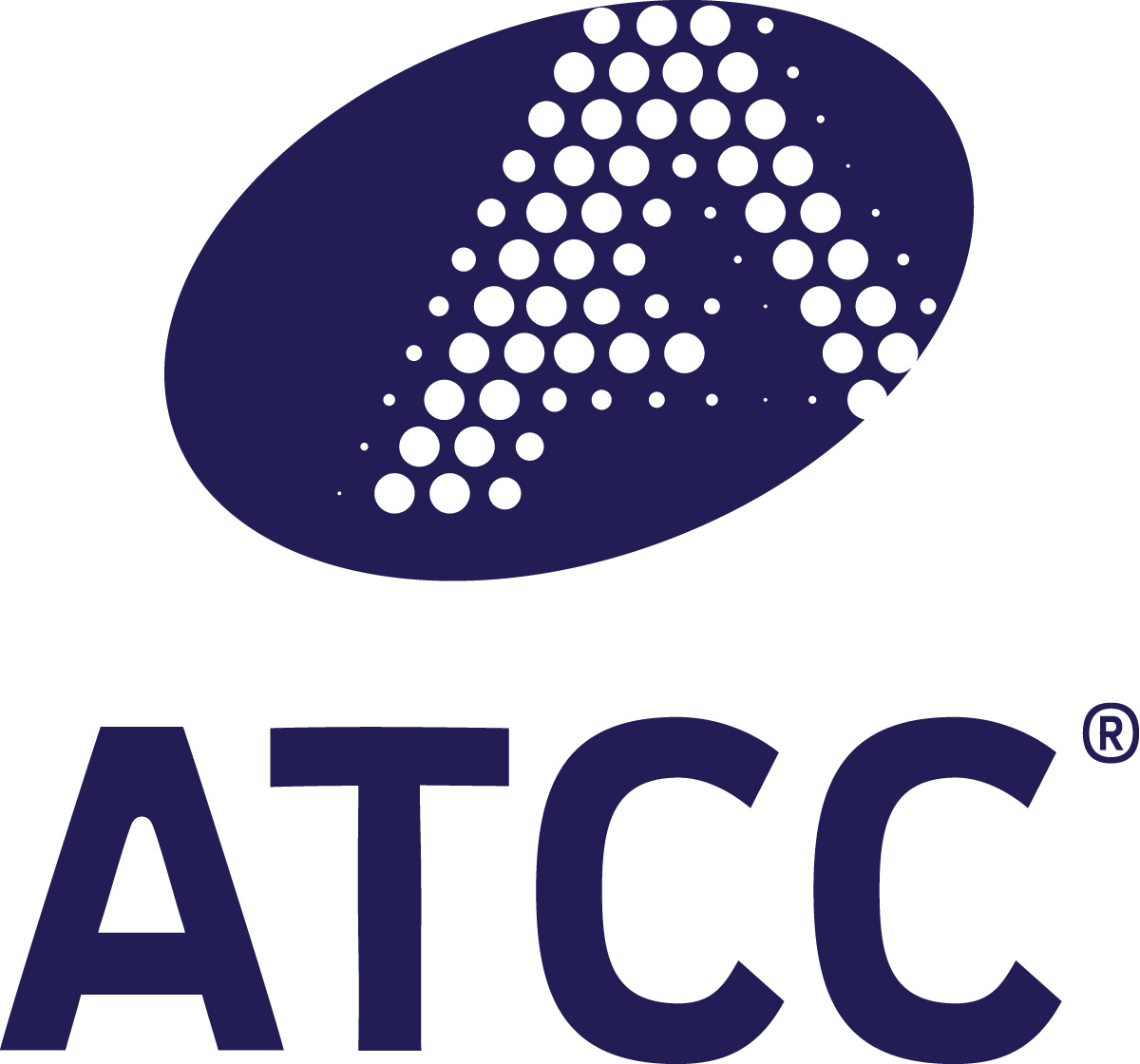Download this complimentary Expert Insights eBook today!
This eBook hopes to provide scientists with more information on the latest toxicology methodologies allowing you to further your research in this field.
What you will learn about:
- Advanced cell models for studying nephrotoxicity
- RPTECs as a physiologically relevant model compared to monocultures
- hTERT-immortalized co-culture models
- Therapeutic applications of euxanthone

More Information
In toxicology, ensuring safety and accurately assessing the harmful effects of substances requires authenticated model organisms, standardized testing methodologies, and advanced cell models. These models enable researchers to investigate toxicity in various organs and tissues such as the kidneys and airways. The tools and techniques toxicologists use to investigate substances may include in vitro studies using cell cultures and molecular techniques or in vivo studies using animal models.
In recent years, there has been a growing emphasis on the development and utilization of alternative methods, which aim to reduce the reliance on animal testing while maintaining the accuracy and reliability of toxicological assessments.
Articles contained in the collection:
- Wang, X. et al. (2020). Developing a self-organized tubulogenesis model of human renal proximal tubular epithelial cells in vitro. Journal of Biomedical Materials Research – Part A. DOI: 10.1002/jbm.a.36858.
- Shen, W. et al. (2022). Euxanthone inhibits lipopolysaccharide-induced injury, inflammatory response, and MUC5AC hypersecretion in human airway epithelial cells by the TLR4/MyD88 pathway. Journal of Applied Toxicology. DOI: 10.1002/jat.4249.

